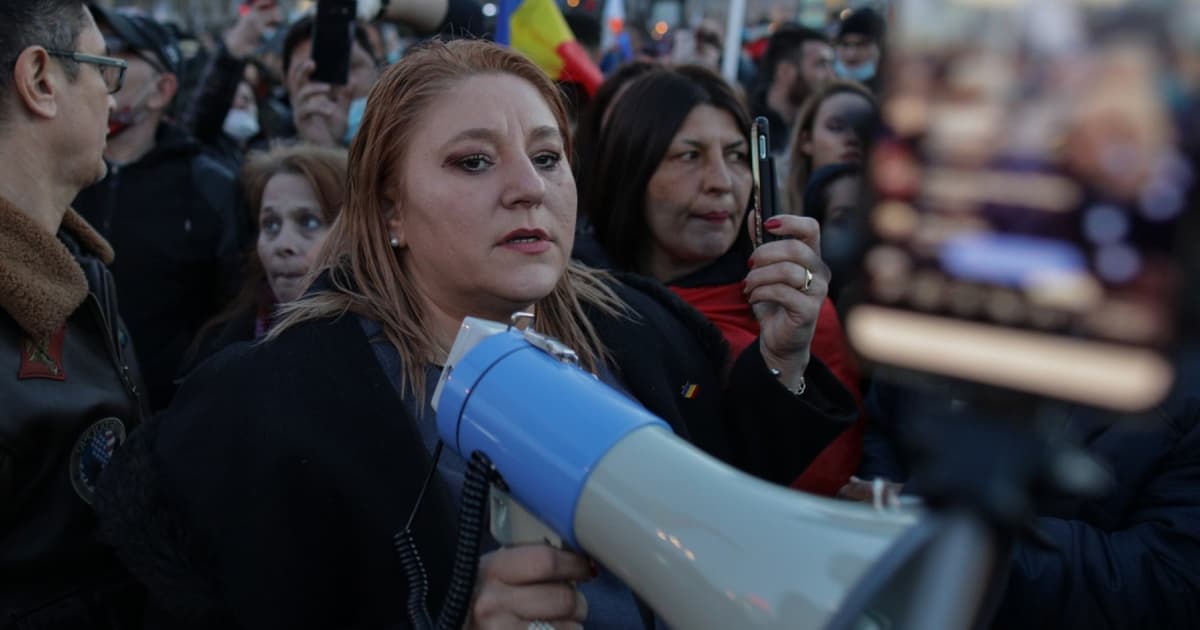A Romanian senator has made a legislative proposal to "annex the historical territories" that once belonged to the Romanian state and are now part of Ukraine — Romania Libera

The founder of the SOS party, Diana Șoșoacă, has submitted a legislative proposal to amend Law no. 129/1997 on the ratification of the Treaty on Good Neighbourly Relations and Cooperation between Romania and Ukraine.
Șoșoacă mentions "Northern Bukovina, Hercea, Budjak (Cahul, Bolhrad, Izmaiil), historical Maramures and Zmiinyi Island - Romanian territories stolen by the USSR and illegally seized by Ukraine.
The senator states, "this proposal aims to avoid the forced ethnic assimilation of Romanians in Ukraine" and "to restore the cultural identity, traditions, customs and religion of the Romanian population, which numbers approximately 1 million Romanians, including mixed families."
Romania supports Ukraine in its war against Russia. In January, President Klaus Iohannis assured Volodymyr Zelenskyy that "Romania will continue to help Ukraine and the Ukrainian people as long as it is needed" but expressed concern over the law on national minorities adopted by Ukraine.
Volodymyr Zelenskyy signed the new law on national minorities on December 13, 2022. According to the law, Ukraine's integration policy implies refraining from policies and practices of assimilation of persons belonging to national minorities (communities) against their will and protecting such persons from any actions aimed at such assimilation.
National minorities have the right to self-identification, use of their native language, education and preservation of their cultural identity. However, according to Article 11 of this law, the specifics of the use of languages of national minorities in the educational process are determined by the Law of Ukraine "On Education", which in turn states that the language of the educational process in educational institutions is the state language, and persons belonging to national minorities are guaranteed the right to study in municipal educational institutions for pre-school and primary education, along with the state language, in the language of the respective national minority.
Private educational institutions founded by representatives of national minorities have the right to freely choose the language of the educational process but are obliged to ensure that students master the state language.


